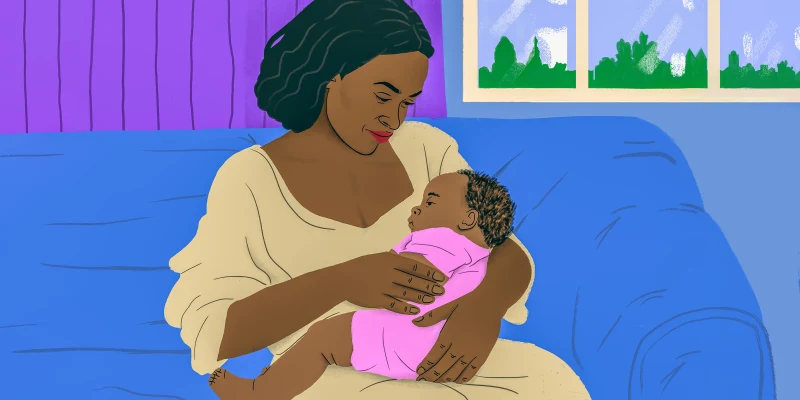Imagine you are a young person in your 30s, faced with the news no one in the history of humanity has wanted to hear: you have cancer. They say it is early stage, treatable, most likely even curable, but you are signing up for a long road of treatments: surgery, chemotherapy, radiation. Months later, you have gone through it all. The nauseating treatments, the endless scans, the constant anxiety emanating from your loved ones. You get to ring the bell! You have finished treatment, and it is time to welcome you to The Survivorship Clinic. You are handed the intake sheet:
What concerns you most:
- Fertility preservation?
- Financial distress?
- Mental health?
- Social or professional well-being?
Wait a second, you think, isn’t it too late for this? Aren’t you already in medical debt, at risk for infertility with the treatments you received, and have already declined that exciting job offer due to the demands of treatment?
In typical care, formal cancer survivorship begins after the end of primary treatment (once you are a “survivor”), and continues through the remainder of your life. It is a referred clinic where an oncologist or PCP creates a personalized survivorship plan, addressing long-term side effects, mental health, cancer recurrence monitoring, family planning, etc. Don’t get me wrong — this multidisciplinary model is a wonderful thing. But in my opinion, the cancer survivorship paradigm should start at the time of diagnosis, not after the conclusion of treatment. Aspects of patients’ lives such as mental health, fertility, and financial toxicity — especially in young patients — will be irreparably damaged if not acted on earlier in the treatment process.
Let’s talk about fertility as an example. Early-onset cancer is undoubtedly on the rise. Alkylating agents of chemotherapy can harm sperm-producing cells, leading to temporary or permanent infertility, and many common chemotherapy drugs are known to damage rapidly dividing oocytes. Radiation to the abdomen or pelvis endangers the reproductive organs, while radiation to the brain risks the pituitary, a gland important for hormone signaling. In fact, a recent study showed that young women with breast cancer have a 46% higher risk of infertility than women without cancer. This is all to say, fertility is at great risk during cancer treatment, and patients can stand to lose a lot even while doing what is best for their own longevity. So why aren’t we asking about fertility from the get-go, and making plans to protect future options such as egg or sperm freezing?
Another topic that is often addressed far too late is financial burden. Cancer care poses an incredible financial burden on patients and their families. We as medical professionals should be more knowledgeable and transparent about the costs of the journey upfront so that patients can make necessary adjustments, rather than dealing with it in the aftermath.
The other elephant in the room is mental well-being. On my psycho-oncology rotation at the University of Miami, I saw firsthand how beneficial it was for patients to have psychiatry on their panel of specialists. In comparison, at Jackson Memorial Hospital — the neighboring safety net hospital that does not have a formal psycho-oncology team — it seemed that cancer patients often did not have their comorbid depression and anxiety addressed, highlighting the importance of continuous designated mental health support throughout treatment.
Of course, the practicality question arises when considering entering all patients into survivorship clinics at the time of diagnosis. Oncologists, after all, cannot predict how each person’s disease will spread or what the response to therapy will be. Sure, it would be impractical to discuss fertility in-depth with all 80-year-olds who have only a year estimated left to live.
But the key tenet of cancer survivorship is individualizing holistic care. This ensures patients feel well-supported in all of the aspects of life that they prioritize during this endeavor. At the very moment cancer is detected, it should become the status quo for PCPs and oncologists to initiate this multidisciplinary care model. Cancer is scary enough as it is — we should be ensuring that patients don’t end up with surprises down the line. We shouldn’t allow patients to endure losses in vital areas of their personal life long before we intervene.
What do you think is the appropriate time to offer survivorship care? Share in the comments.
Annika Dhawan, BS, is a third-year MD/MPH candidate at the University of Miami Miller School of Medicine. More of her research and medical interests can be found on Twitter/X: @annikadhawan.
Image by nadia_bormotova / Getty






